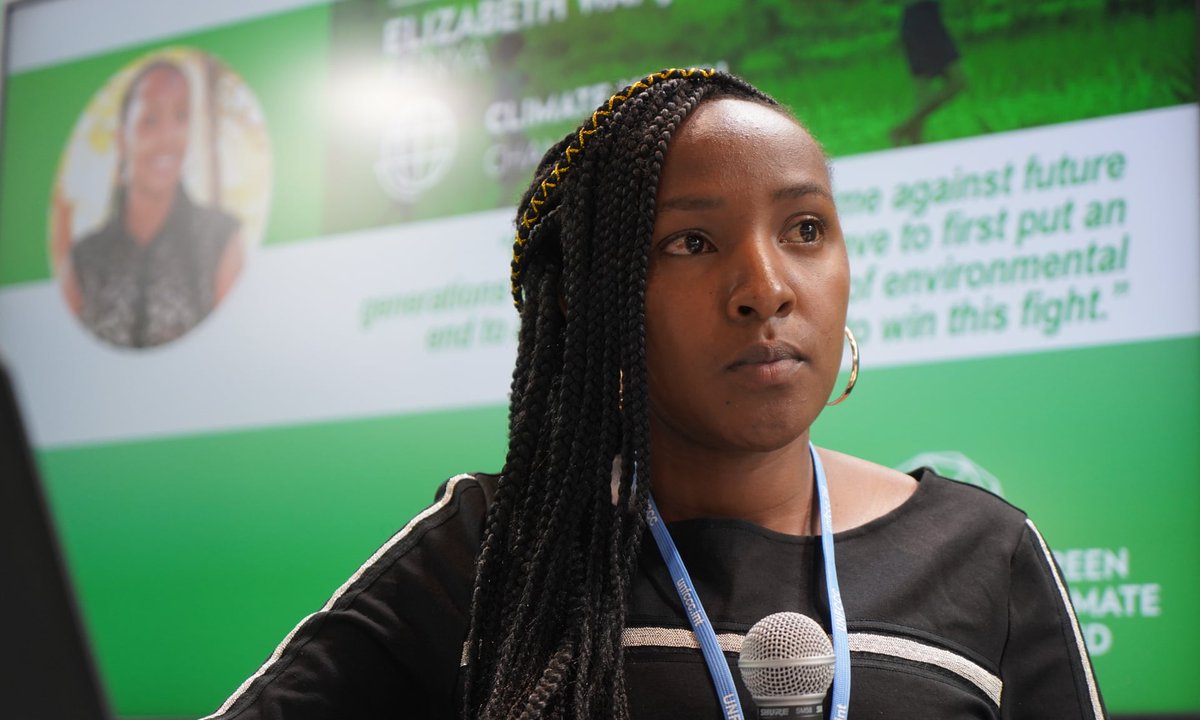Elizabeth Wathuti from Kenya is only 25 years old, but she’s already making a name for herself as an environmentalist by helping to plant over 30,000 trees.
Deforestation is a growing issue across Africa and Elizabeth is trying to change that.
The climate activist who grew up in the central highlands of Kenya says she wants to share the love she found for nature at a young age with the next generation of pupils in Kenya so that her country’s climate crisis can change for the better.
“I grew up in the central highlands of Kenya and in the most forested region of Kenya. And for me growing up as a child, everything that I ever knew was the trees ahead of me, the bushes beside me, the clean streams and the rivers that are flowing close to my homestead. All of these things made me love nature and connect to nature at a young age.”
“Along the way I got interested in environmental issues because I started to read and watch different documentaries about the environment and I started to realise the wild forests were being destroyed and burnt down at alarming rates. And the fact that waterways around the world were becoming what I call, ‘a soup of poison’ flowing with plastic waste.”
Learning about Kenya’s climate crisis and the world’s also, Elizabeth Wathuti decided she had to do something about these issues that made her angry. So she started a campaign that she called ‘Adopt a Tree’ where she would ensure that every child in every school would plant and adopt a tree to take care of in their school compounds across Kenya.
This would mean Kenya’s children, to the youngest of them all, would get to connect to nature at a young age. And at the same time they’ll also contribute to increasing the country’s forest cover.
“I feel so much hope every time I step into a school compound with tree seedlings and the kids come running towards me because they want to plant a tree seedling each,” she says. “This to me, is the kind of generation that we should be nurturing. A generation of children who love and value the environment and who understand that they also have a role to play in terms of contributing to its conservation.”














